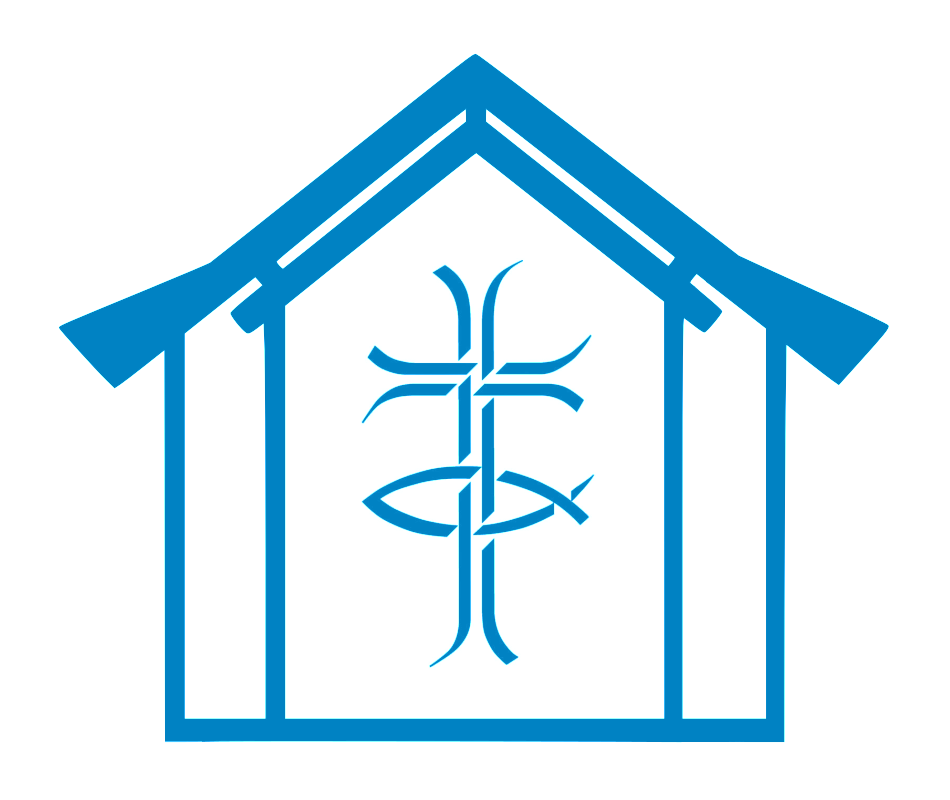Dear friends,
For the past few years, I’ve written a short ‘End of Year’ summary of the year that’s past; its highs and lows, and things to look forward to in the year to come. It gives me a chance to reflect on what has been, and to be hopeful for things that might be ahead. It’s like picking a set of resolutions of things that I hope will come true – things that can be positive and give me aspirations for the year to come.
We can find that New Year resolutions can be fairly easily broken: when you tuck into all that Christmas chocolate on New Year’s Day despite resolving not to eat chocolate in the new year; or when you find yourself missing a new club or class after only a month. Of course, there are people who can keep their resolutions and find that they can stop smoking, or learn new languages or hobbies. But a commonly quoted statistic suggests that only 8% of New Year Resolutions are successful (with 80% ‘failing’ in January alone). If our resolutions are too ambitious we can find we struggle and break them, whilst if they are too easy they don’t stretch us or we just don’t make any effort.
I’ve found that my aspirations for the year ahead have given me a bit more freedom to be positive about the things to look forward to in the year to come, and not burden me with the idea of ‘failing’ in my resolutions. They are hopeful, positive, and inspiring. They might go in other directions, but they at least give me something to look forward to.
As a Church we agreed a set of resolutions (we’ve called them Hopes) that we are working towards in the next three years. This has been about giving us something positive to look towards and something for us to be hopeful about. We’ve given ourselves until the end of 2020 to work on developing our life as a centre for people both of certain faith and questioning faith. Our resolutions are about growing in faith, learning more about God’s word and presence in our community, and about finding ways to resource our work. They might end up in slightly different directions, but they give us something to work towards. The Hopes are printed on page 10.
When we talked about these as Elders, we recognised that we need to have something that is aspirational and positive, and something that gives us something to work towards in the next three years. There’s no point setting ourselves up to ‘fail’ – or finding them so easy we don’t put the effort in.
So the ‘Six 2020 Hopes’ we agreed at Church Meeting in November will focus us in our work as a Church over the next three years. We’ll have a Saturday ‘Open Morning’ for each of the Hopes – as a kind of Coffee Morning – between New Year and Easter, giving us all the opportunity to come along and to offer comments and thoughts to help us achieve our Hopes as a Church. This is where everyone connected with the Church can come and feed in positive suggestions about things we can do to help us grow as a Church. This is a chance to get enthused about St Andrew’s and about what we can do as a Church. The timetable for our ‘Open Mornings’ is found opposite the Hopes, on page 11.
These ‘Hopes’ give me enthusiasm for what we can do at St Andrew’s. They give us something that we can positively work towards – without setting ourselves up to fail – and can help give us a positive outlook. Who knows where they will take us, or what we can achieve, but in faith, and with hope, we can find a way forward that is true to us and to our community. I look forward to seeing many of you at the Open Mornings as we explore these together.
Blessings for the year ahead,
Matthew

